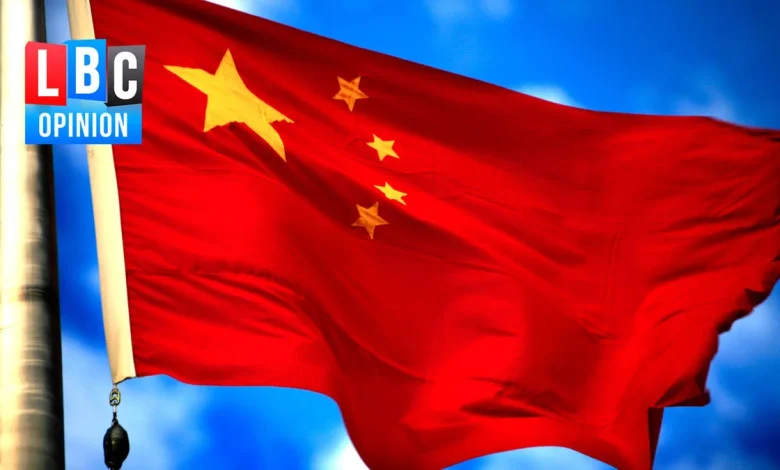Britain’s China blind spot is now a national security liability

It’s become too dependent on China, and that dependency now shapes almost every major decision we make, from trade to technology to security.
For years, British governments have tried to walk a fine line, keeping Chinese money flowing while claiming to protect national security. It’s not working. The collapse of the recent espionage trial made that clear. When the case fell apart, it wasn’t just a legal failure, it was a sign that politics, economics, and fear of Beijing now pull in opposite directions.
The truth is simple. Britain wants the benefits of global trade but doesn’t want to face the risks that come with it. And those risks are growing fast.
Choice between comfort and control
China is no longer just a trading partner. It’s a state with a clear strategy, which is to build economic leverage around the world and use it when needed. Britain is part of that plan, even if it doesn’t like to admit it.
Chinese investment runs through parts of our infrastructure, energy, and technology. Critical materials used in manufacturing and green tech come from supply chains linked to Chinese control. Even British universities and research centres depend on Chinese funding and students.
It’s not about paranoia. It’s about balance. When one country has too much influence over your economy, it changes how you act. Decisions get softer. Warnings get quieter. And over time, you stop calling things what they are —, like espionage or coercion—, because the costs of honesty feel too high.
Business on the frontline
This isn’t just a government problem anymore. It’s a business problem. Heligan Group’s new report, When Commerce Conquers Conservation, shows that many British companies don’t realise how exposed they are.
If your supply chain runs through China, you’re vulnerable. If your data is stored or shared with Chinese-owned systems, you’re vulnerable. If your investors or clients are linked to Beijing, you’re vulnerable.
Most firms don’t think about national security. They think about price, speed, and reliability. That made sense when globalisation felt safe, but it doesn’t now.
Businesses can’t wait for government to fix this. They have to start building their own resilience, checking who they buy from, who they share data with, and who they rely on.
The private sector has become the soft target. Hackers don’t always go for governments anymore. They go for suppliers, contractors, or partners—, smaller players that hold valuable data or provide access to bigger systems.
So what should happen next?
First, government needs to be honest about the scale of dependency. That means looking beyond slogans about “balancing security and trade.” It means admitting that some trade-offs are no longer sustainable.
Second, businesses need to think like strategists, not just traders.
They should ask hard questions:
- Can we replace this supplier if relations with China worsen?
- Do we understand where our data goes and who can access it?
- Are we investing enough in cybersecurity?
Simple steps can make a big difference. Diversify suppliers. Protect sensitive data. Check investors and partners carefully. Train staff to spot risks. These actions don’t need new laws, just a change in attitude.
The next move is ours
Some people will say this is alarmist. But the evidence is everywhere. China has used trade pressure to punish countries that speak out. It has targeted universities, politicians, and journalists. It invests strategically in sectors that shape the future, energy, AI,and critical infrastructure.
Britain can’t ignore that. And yet, our national instinct has been to downplay it, to prioritise short-term economic comfort over long-term independence.
The real danger isn’t confrontation with China. It’s complacency here at home. Every year that passes without action makes Britain a little weaker, a little more dependent, and a little less free to make its own choices.
When national security meets market reality, market reality tends to win. But it doesn’t have to. If Britain wants to remain open and competitive, it has to be smart about where openness becomes exposure. That means learning to trade without being trapped.
The goal isn’t to cut China out. It’s to make sure China can’t call the shots and that starts not in Westminster, but in every boardroom across the country.
__________________
Adam Irwin is a Managing Partner at Heligan Group
LBC Opinion provides a platform for diverse opinions on current affairs and matters of public interest.
The views expressed are those of the authors and do not necessarily reflect the official LBC position.
To contact us email opinion@lbc.co.uk





